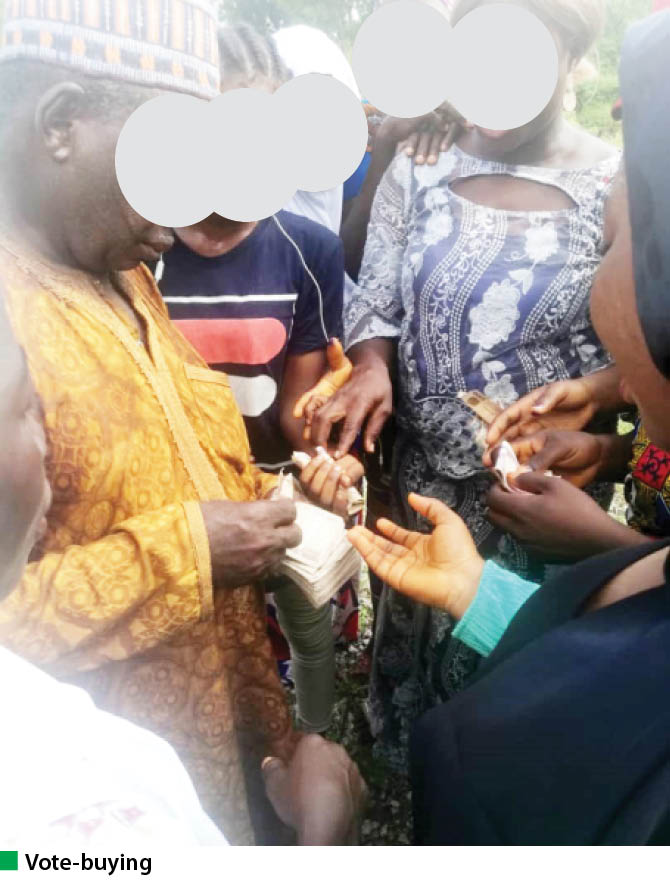Muslim, Christian leaders urge Nigerians to reject vote trading
Religious leaders, under the aegis of the Interfaith Dialogue Forum for Peace (IDFP), have urged Nigerians to reject financial inducement or coercion that would stop them from voting their conscience during this year’s general elections. The organisation, which comprises 120 Christian and Muslim leaders across Nigeria, made the call in Abuja at the end of […]

Vote-buying
Religious leaders, under the aegis of the Interfaith Dialogue Forum for Peace (IDFP), have urged Nigerians to reject financial inducement or coercion that would stop them from voting their conscience during this year’s general elections.
The organisation, which comprises 120 Christian and Muslim leaders across Nigeria, made the call in Abuja at the end of a two-day peace conference and fifth general assembly of the forum.
The Sultan of Sokoto and President General of the Nigerian Supreme Council for Islamic Affairs (NSCIA), Alhaji Muhammadu Sa’ad Abubakar III and the President of the Christian Association of Nigeria (CAN), Archbishop Daniel Okoh, are the co-grand patrons of the forum.
Newly elected co-chairmen of the forum, Rev. Amos Kiri and Dr. Yusuf Yakubu Arrigasiyu who jointly read the communique, also urged electorates to collect their permanent voter cards (PVCs) and vote candidates with proven character into offices in the 2023 general elections.
Kogi Senator to Buhari: 7 days too far to address cash crunch
Mock accreditation: BVAS successful amidst low turnout
During the conference with the theme: ‘Religion and Ethnicity: Safeguarding the 2023 General Elections’, the forum tasked stakeholders in the electoral process to ensure that voters are empowered with enough information that will enable them make wise choices and know the implications of letting their voices be heard.
“Nigerians, especially politicians, should embrace love and patriotism for the country. We are encouraged to first see ourselves as Nigerian before we are identified with any political party, ethnic and religious group.”
